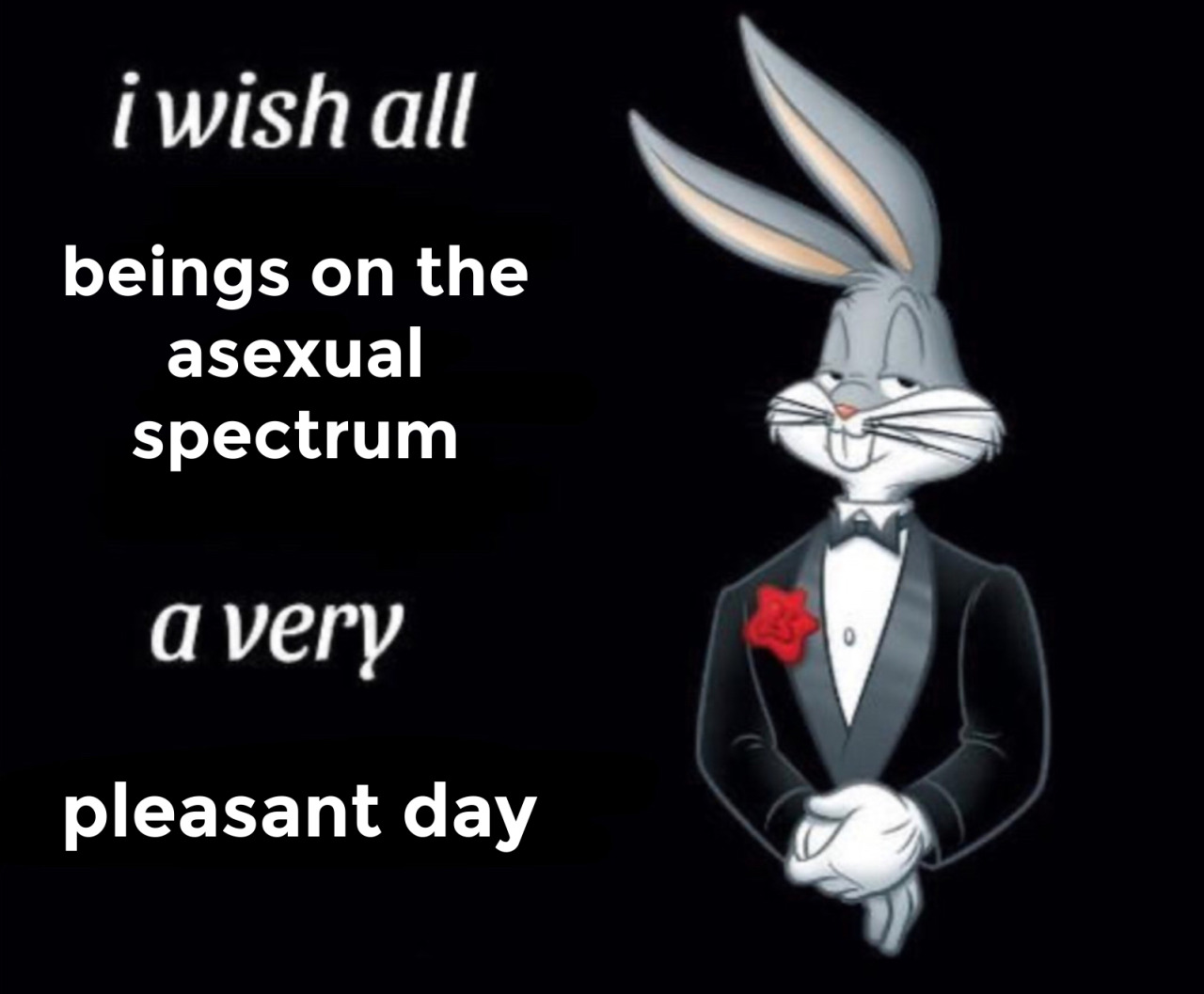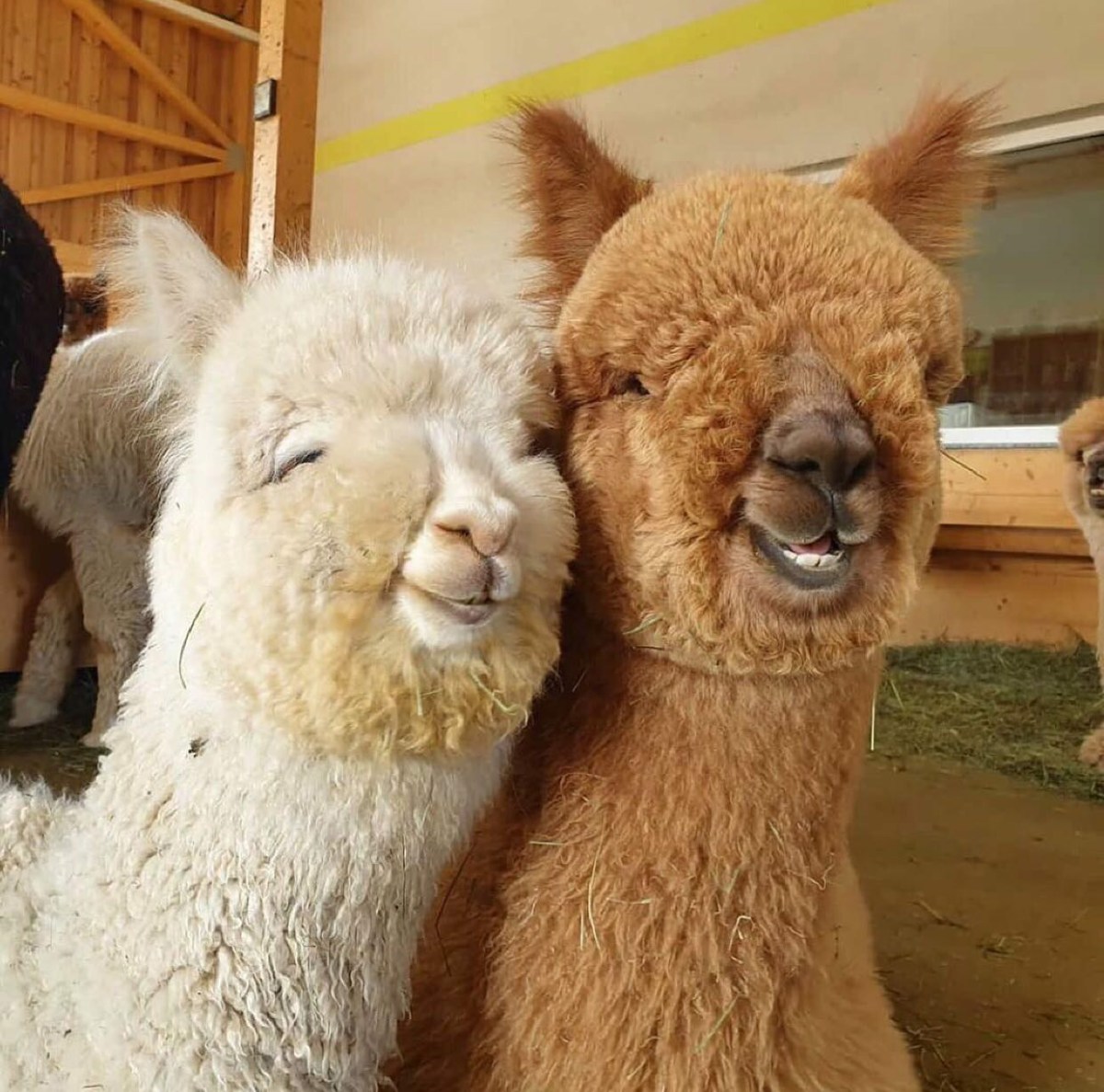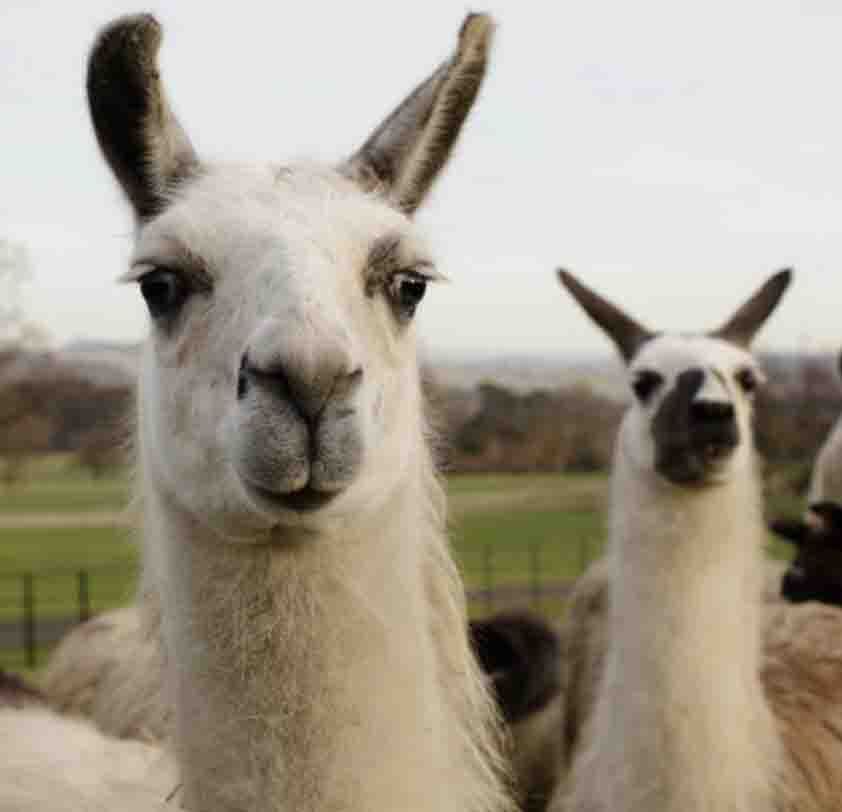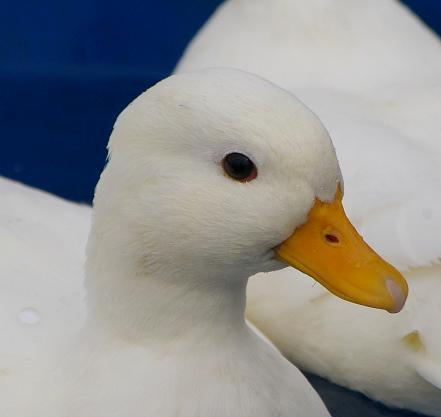Jesus, after coming back from the dead: hey guys it’s me Jesus, just look at the scars on my hands
Thomas, a known freak: show us the feet as well please
Happy Easter everybody
Every single Easter you monsters give me a million notes on this post
My girlfriend and I talk a lot about our different generations of queerness, because she was doing queer activism in the 1990s and I wasn’t.
And she’s supportive of my writing about queerness but also kind of bitter about how quickly her entire generation’s history has disappeared into a bland “AIDS was bad, gay marriage solved homophobia” narrative, and now we’re having to play catch-up to educate young LGBTQ+ people about queer history and queer theory. It gets pretty raw sometimes.
I mean, a large part of the reason TERFs have been good at educating the young and queer people haven’t is, in the 80s and 90s the leading lights of TERFdom got tenured university positions, and the leading lights of queerdom died of AIDS.
“Excuse us,” she said bitterly the other day, not at me but to me, “for not laying the groundwork for children we never thought we’d have in a future none of us thought we’d be alive for.”
“the reason TERFs have been good at educating the young and queer people haven’t is, in the 80s and 90s the leading lights of TERFdom got tenured university positions, and the leading lights of queerdom died of AIDS.”
thank you for giving me a good reason to finish my dissertation and try to make it in the academy
Wait, idk LGBTQ+ history, but they died of AIDS cause, what, hospitals refused to treat them or…?
Oh heck yeah.
When an epidemic happens, public health agencies spend millions of dollars trying to understand what happens: Why are people sick or dying? What caused it? Who else is at risk? Government health departments like the Centres for Disease control and private companies both invest hundreds of millions of dollars into preserving public health. This happened in 1977, when military veterans who all attended the same gathering began to get sick with a strange type of pneumonia, with 182 cases and 29 dead, and the CDC traced the illness to a bacterium distributed by the air conditioning system of a hotel they all stayed at, and in 1982, when seven people died of tainted Tylenol, and pharmaceutical companies changed the entire way their products were made and packaged to prevent more deaths.
Meanwhile, the AIDS epidemic took six years to be recognized by the CDC (1975-1981) because at first the only people dying were intravenous drug users, which is to say, heroin addicts; when it was recognized, President Reagan’s government pressured the CDC to spend as little time and money on AIDS as possible, because they literally didn’t think gay lives were important. So yes, hospitals refused to treat them and medical staff treated them as disgusting people who deserved to die, but also, there was very little funding for scientists to understand what this disease was, what caused it, where it came from, how it spread, or how to stop it. The LGBTQ+ community had to organize and fight to get hospitals to treat them, to fund scientific research, to be legally allowed to buy the drugs that kept them alive, and to have access to treatment. An effective treatment for AIDS wasn’t found until 1995.
And it’s ongoing; a lot of the difficulty of fighting AIDS in Africa is that it’s seen as “the gay disease” (and thanks to European colonialism, even African societies that used to be okay with us were taught to think LGBTQ+ people are bad). Even now that we have medications that can treat or prevent AIDS, they’re incredibly expensive and hard to get; in 2015, New York businessman Martin Shkreli acquired the exclusive right to make a drug that treats an AIDS-related disease, and raised its price from $13.50 a pill to $750 a pill.
Here’s one history on what it was like to have and fight AIDS, one history on how politicians responded to the epidemic, and if you can get a copy of the documentary How to Survive a Plague, it’s a good introduction, because it’s about how AIDS patients had to fight for their lives. A lot of these histories are imperfect and incomplete, because privilege played a big part in whose lives and deaths were seen as important–Poor people, people of colour, trans people, and drug addicts were less likely to be able to afford or access medical care, and more likely to die without being remembered; histories often tend to focus on straight people who got AIDS through no fault of their own, and then white cis gay men who seem more “respectable” and “relatable”.
I mean, people who will talk about how homophobia led to neglect of AIDS still find ways not to mention that AIDS isn’t just sexually transmitted; it’s hugely a disease of drug addicts, because sharing needles is a huge way the disease spreads. But because society always thinks, oh, drug addicts are bad and disgusting people and of course criminals, that often gets neatly dropped from the histories, and it’s still hard to get people to agree to things that keep drug addicts alive, like needle exchanges and supervised injection sites. But if you want my rant about how the war on drugs is bullshit used to control poor people and people of colour, and drugs shouldn’t be criminalized, you’ll have to ask for that separately.
They died of AIDS because
- Hospitals refused to treat them, and when they did get admitted, treated them like dirt so their will-to-live was eroded - refused to let long-term partners visit them, staff acted like they were disgusting nuisances, etc.
- Very little funding was put into finding causes or cures - AIDS was considered “god’s punishment” for immoral behavior by a whole lot of people.
- Once causes were understood (effective treatments were a long ways off), information about those causes weren’t widely shared - because it was a “sex disease” (it wasn’t) and because a huge number of the victims were gay or needle-drug users, and the people in charge of disease prevention (or in charge of funding) didn’t care if all of those people just died.
- Not until it started hitting straight people and superstar celebrities (e.g. Rock Hudson) did it get treated as A Real Problem - and by that time, it had reached terrifying epidemic conditions.
Picture from 1993:
We lost basically a whole generation of the queer community.
As a current AIDS survivor, this is really important information. I was diagnosed not only HIV positive in 2014, but I had already progressed to an AIDS diagnosis. Knowing how far we’ve come with treatment and what the trials and tribulations of those who came before cannot and must not ever be forgotten. Awareness is the number one goal. I often speak to the microbiology students at my university to explain what it’s like to live with, how the medications work, side effects, how it’s affected my daily life, and just raise general awareness.
Before my diagnosis, I, like many others, was clueless to how far treatment has come. I was still under the belief my diagnosis was a death sentence. Moving forward, even if only one person hears my story, that’s one more person that’s educated and can raise awareness.
I believe it’s time for us as a society to start better education of this disease. The vast majority of the people I’ve spoken to are receptive to the knowledge of my status, and I’ve received lots of support from loved ones, friends, and total strangers. It’s time to beat the stigma.
This is slightly off-point, but as for the cost, I wanted to mention that some pharmacies have specialties that let them get special coupons/programs and stuff to save money.
A bottle of Truvada (a month supply commonly used for treating this) is at least $3,000 out of pocket and insurance doesn’t usually take a lot off of that. But the pharmacy I work at is an HIV specialty and we always get te price down to less than $10.
If you’re on HIV meds and they’re ludicrously expensive, ask your local pharmacy manager if there are any local HIV specialty pharmacies that they know of. They might be able to help.
I think it’s important to emphasize that, while the diagnosis is no longer a death sentence, it is also true that people dying of AIDS because of homophobia is not history only.
My brother’s first boyfriend was kicked out/disowned by his parents for being queer, got AIDS, couldn’t afford treatment, and died. He died in 2019, at around 20 years old.
In 2019.
Barely more than a kid.
Of a treatable disease.
Because of homophobia.
Because his parents cared more about not being associated with a queer person than they cared about their son’s literal life.
AIDS is not just history. Neither is homophobia.
Back to history: When AIDS patients held die-ins, they went to hospitals, lay down in front of them, and literally waited to die.
If you’re young & either queer or queer-adjacent, think about the number of people out of the closet you know your own age & think about how many you know your parents age.
They’re not stamping us out of the mould any quicker these days than in the ‘60s, except in lockstep with population growth.
I think, growing up, my picture of relative numbers of queer people & straights was unavoidably impacted by the number of empty seats at our table. That might be the case for you too.
The number of elders you never got to meet.
Remember this when people talk about how small the LGBTQIA+ population is. That it’s “such a small percentage of the population to be catered too”. Remember this and tell them, “that’s because homophobia killed them”.
This picture of the San Francisco Gay Men’s Chorus is often included with the “The men facing the camera/in white are the surviving members” but it leaves out something extremely important:
By 1996, all of the men facing the camera in the picture were dead.
Every.
Single.
One.
Eric Luse, the photographer, said this in a more recent article :

By 1996 the obituary list was almost 50 names longer than the entire choral roster. All of the positions plus four dozen more, gone. The obituary list continued to grow, too. The cost and availability of any treatments in the mid-late 90s continued to cause more death.
If you were queer in the 80s and 90s, you knew someone who had it and knew people who died from it. Period. I cannot stress the impact this had on the queer community and those of us who were alive at the time, and I know the scope of it is almost unimaginable to younger people today.
By 1996, there were NO surviving original members of the SFGMC. You need to know that when you see this picture.

Dozens of the men turned away from the camera here in this shot were also dead alongside the men in white. It is vital to recognize that.
There is no hope in this picture, it isn’t a display of a lucky few who avoided death. There is no “Well at least some of them survived” because no, they didn’t, and this time was so fucking bleak and painful it’s astonishing that anything got done. They’d march one week and die the next. Their friends would bury them in the morning and march in the afternoon. This went on for years.
Bigotry and hate and ignorance killed generations of queer people. It speaks to the sheer resilience of the community that from that all but state-sanctioned genocide, we have gained so much ground in the last few decades. Much is owed to the people who refused to stay quiet and who fought even on their deathbeds, so please consider learning about LGBTQ+ history as a way of continuing the fight and showing respect. Many of us coming of age at that time didn’t have that opportunity, and made it a point to learn and get involved as teenagers and young adults because we saw what we were losing.
Sing for two.
My fave part of this post is the repeated usage of the word “queer”. In a discussion about the hatred of LGBT people and how they were left to die by the government, it’s always a great idea to call them all a slur. Can you switch it up a bit and use “fag” next time?
There’s a really obvious reason why we’re using “queer”.
When talking about LGBTQ+ history, often we have to be really careful with the language we use, because how we understand things now is not how the people we’re talking about understood themselves at the time. We end up using phrases like, “People who we would now understand as gay or lesbian” or “experiences which modern transgender people often identify with”.
In this case? It’s because that’s the word they used.
(Many of them also used the words “fag” or “dyke”, but “queer” is more inclusive.)
When I talk about “the leading lights of queerness” I mean Queer Nation. I mean the people who contributed to Queer Theory. I mean people who deliberately chose to use that word. I mean me and my ex-girlfriend. We exist.
During the AIDS crisis especially, homophobia was so bad that a lot of people didn’t want to be known by any word associated with the gay community: Not gay, not homosexual, not queer, not anything. Epidemiologists had to create the category of “men who have sex with men” because there was literally no existing term that didn’t carry the weight of a slur. The purpose of using the word “queer” was for people to say, “Let’s stop running from the things society is calling us; let’s pick up the weapons they’ve hurled at us and start hurling them back. There is no level of socially acceptable we can be that will make them suddenly decide our lives matter. We’re here, we’re queer, get used to it.” It meant very specifically embracing and defending their/our marginalized position.
Every word we’ve ever been known by has been a slur. We all have our own histories and flinch reactions. I grew up with “gay” and “lezzo” being used really hatefully around me, as well as “queer” and “dyke” and “fag”, and I have different comfort levels with all those different words.
/shrug emoji You can dislike the word all you like and ask that it not be used for you. But historically and today, a lot of us do use it for ourselves, and we constitute “the queer community” or “queerdom”. Which we don’t think is a bad thing. If you don’t want to join us, fine, but that doesn’t make us stop existing, and any other word you can call us would also be a slur, because our community is predicated on saying, “We are that thing you’re so afraid of. Get used to it.”
Speaking to the MSM point in the final addition.
Functionally a problem in trying to get studies going in the 80s and 90s that tried to figure out what in hell was going on was trying to get people into studies. To answer questions. Because you could lose your job, home, family, life if you incautiously admitted to being gay/queer/homosexual. So among the men who were terrified of being on any kind of record as being gay because they self identified that way there were a whole host of people who didn’t actually see themselves as gay.
Because it was just not something they could accept.
But what always fascinated me was in the studies we did (I’m out of Vancouver, BC and have been part of an HIV/AIDS research organization since 96, for context) at one point we had a staunch group of individuals who were predominantly immigrants from other cultures who culturally had definitions of behaviour that didn’t align with North American behaviour labels.
Insertive partners in some cultures are not gay as they were/are not mechanically different from “the normal male” sexual actor. Receptive partners were. Basically the thinking in some people’s minds is that women=receptive and insertive=male. And if your sex didn’t match the sexual position…
Now. To be clear. I’m not saying these things as a point of “this is what I think”. This is what had been captured in interviews and conversations and studies over the years. Some people aligned themselves these ways.
I’ve always seen it as part and parcel of the gender issues and misogyny that we’re still, 30 years later, arguing about.
As to the rest… I’ve written about this (and lectured and written and lectured and written) before. In this particular thread even. It will never stop amazing me the revisionism that happens around queer. Those of us who were in large protesting crowds, remembering “We’re Here! We’re Queer! Get Over It!” being told “it’s never not been a slur/been used by us” just…wigs me out.
What I remember? What I remember is my now husband and then friends (and myself) knowing that the straight culture we lived in equated holding hands with a sexual act. Holding hands in public as queer people was fucking. It was viewed the same. Today that seems ludicrous but it’s how it was. Our being was an act of aggression, of sexual acts, of a political agenda. A spiritual and moral violence.
And we knew. Like everyone has known: the fear behind that was potentially a tool we could use.
So standing in rooms with scientists and physicians who had decided we were dirty queers with sick fucking lives and minds, prone to acts of perversion and inhumanity? We wore shirts with QUEER in big bold letters so when they talked to us, met our eyes, it was over the words they were whispering in their heads. It was under the leather we wore, the sexualized outfits with no room for misinterpretation about FUCKING. And SEX. And in these meetings discussing policy and funding and science we stood there in our entirety on display, forcing them to look at us in all of this - to see we felt all of it was normal and not something we were ashamed of?
How could the idea that sex was enjoyable be a topic of debate that had implications on our fundamental humanity? Apparently people did, and do, think so.
This all put us in positions of power in those negotiations. Negotiations, do not ever forget often that were about whether or not their largess would allow us to live. So while people were embarrassed to be confronted with their prejudices that they were comfortable expressing out of sight and hearing of us, we stood and HELD their eyes and their attention.
Queer fuckers. Fags and perverts. And we refused to fucking die quietly.
(shrug) So to those that dislike the word, outside of the fire of my own history I will calmly discuss it and follow their instructions not to call them queer. But if you step into my history, into the graveyard of the men and women I know who are now gone due to apathy and disinterest and hatred and homophobia… you’re going to hear queer. In great swelling chants from the throats of thousands of people in the streets. You can like it or hate it but you cannot argue it’s existence and the lever it was that shifted the world we’re arguing in the middle of, today.
Also.
Do you know what TERFs were fighting for in the 1990s, while queers were fighting for AIDS research and the right to be in the hospitals with their friends and lovers as they died?
TERFs were fighting (and finally succeeded) to change the acronym from GLBT to LGBT because they felt lesbians weren’t getting enough attention during a pandemic that was primarily affecting gay men.
Yeah.
like to charge reblog to cast
A monster?
A Hero
Sweet pangolin baby. A little guy. A friend
LIKE TO CHARGE REBLOG TO CAST
Do you care about wetlands? Want to do something to help one?
Great! I am requesting your help!
Directly tagging @astriiformes, @systlin, @beste-glatisant, and @starfoozle. Please consider reblogging, if you don't mind?
The US Army Corps of Engineers is currently accepting comments via email (until 4/17/22) about a potential subdivision consisting of 100+ houses and 2 tube/water slalom lakes. It is right next to the Logan River.
This subdivision is what we might call a Bad Fucking Idea. Here's why:
- They've put it on a privately owned, undeveloped parcel. Why is the property currently undeveloped, you ask?
- The spot they're putting it floods nearly every year. It is active floodplain, which is really saying something given how drought-stricken and heavily controlled the river is. I have seen videos of people kayaking where they want to put houses.
- The managers have no grasp of hydrology. They believe that the lakes will prevent the houses from flooding, as long as they also put in an earthen dike. As somebody who has studied this exact reach of the river, they are wrong. (My professors unanimously agree, and these are people with full-on academic rivalries.)
- I have personally seen native bees at the project site. This is the only place I have observed native bees in the valley. They are very cute and fluffy, but more to the point, they demonstrate that this is extremely valuable wetland habitat.
- There are sandhill cranes that nest there every year, as well as many other wetland-dependent birds - some of which are "spillover" from the Great Salt Lake, where wetlands are declining every year.
How can you help? Pick a couple things to talk about in your email to the Army Corps of Engineers, who are required to be concerned about wetlands:
- You, as a citizen of [Hyrum, Logan, Nibley, North Logan, Smithfield, Wellsville, or Providence, UT], are concerned by this proposal because:
- The project site floods frequently, which will be bad for people who live there
- Putting houses with bluegrass lawns that require heavy fertilization is going to be very bad for the Logan River and Cutler Reservoir, which is just downstream. It will cause lower dissolved oxygen, which is already a problem there, and higher nutrient loads. There is a high probability of this runoff increasing the likelihood of Harmful Algae Blooms (HABs).
- Native wildlife will be driven from one of only a few remaining refugia in the valley bottom, further fragmenting their habitat
- Removes nesting habitat for migratory birds such as Sandhill Cranes
- Conclusion: The subdivision should not be put in at this site. It is too close to the river and should be relocated to one of the alternative sites.
You can read more about the project at this link. (It says the housing will be affordable. This is a lie; it's going to be a bunch of 300k+ houses and a few expensive townhome-style apartments, which are being built at a prodigious rate here. It also says that a goal is to create public recreation facilities, which is funny because the lakes will be for residents only.)
Here is the contact to email: project manager Michael Pectol, Michael.A.Pectol@usace.army.mil
Reference "Public Notice SPK-2020‑00588" in the subject line. More instructions/information can be found at the project link above.
Comments are open until April 17th, 2022.
Be polite, be concerned, be a wetland defender.
A positive rant about sharks because I don't think they get enough appreciation.
I was 12 the first time I watched Jaws.
I rooted for the shark the whole time; it's not shark infested waters. Sharks live there naturally. We are the ones invading their space and most shark attacks are because they confuse us with seals or something similar (look at a human in a wetsuit in a big body of water from underneath them and to a shark, we do look a bit like water prey). Most bites are curious; they don't mean to hurt us (most of the time) and they don't purposefully hunt us.
Anyway, I got really upset by what the characters did to the shark and how the film demonised the species overall (and don't get me started on what it did and continues to do to real life global shark populations). The only redeeming feature I can find about the Jaws franchise is that the creator didn't realise what his film would do to the global shark populations and he spent the rest of his life making up for it by helping sharks and trying to repair the damage his later regretted work had done. The following day, when I was still very upset, mum took me to the nearest aquarium the day after to go look at some real sharks. I still feel like she was apologising that day by doing so; it was when we realised how truly sensitive I am about animals.
Mum spent the whole day teaching me about all the different types of sharks, and even called over one of the staff members to tell me things they knew, too. I even got to go and witness a shark feeding; I was enamoured with the sharks and couldn't ask enough questions or get my nose close enough to the glass. We spent hours in that one portion of the aquarium and to this day, the shark section is the one I make a bee-line towards. I get the most excited about sharks in all the animals in an aquarium. I don't really mind about other sea creatures - I just wanna see the sharks. Then I'll go see other animals. Mum bought me a shark soft toy - which I still have, and for anyone curious, his name is Bruce - and we spent several weeks after that day watching shark documentaries and we bonded over this amazing, majestic animal.
Sharks have been my favourite animal - next to cats, alligators, crocodiles, koalas, bees and snakes - ever since. I absolutely adore sharks. I get so happy looking at them that it brings me to tears. Pretty, beautiful sharks. So, so gorgeous, unfairly demonised. You ever seen a wild shark ask a scuba diver for a belly rub? No? You ever seen a shark in an aquarium ask for a cuddle? No? You ever seen a shark wanting to be stroked? No?
And finally, have you ever seen a shark be affectionate? No?
I'm watching these videos as I link them and I'm in tears, my heart is so, so full. I love sharks so much, holy shit. For anyone curious, my favourite species of shark is the Great White. I adore every species, of course, but the Great White Shark was my first love.💖
And finally, have
you ever seen a shark be
affectionate? No?
Beep boop! I look for accidental haiku posts. Sometimes I mess up.





























